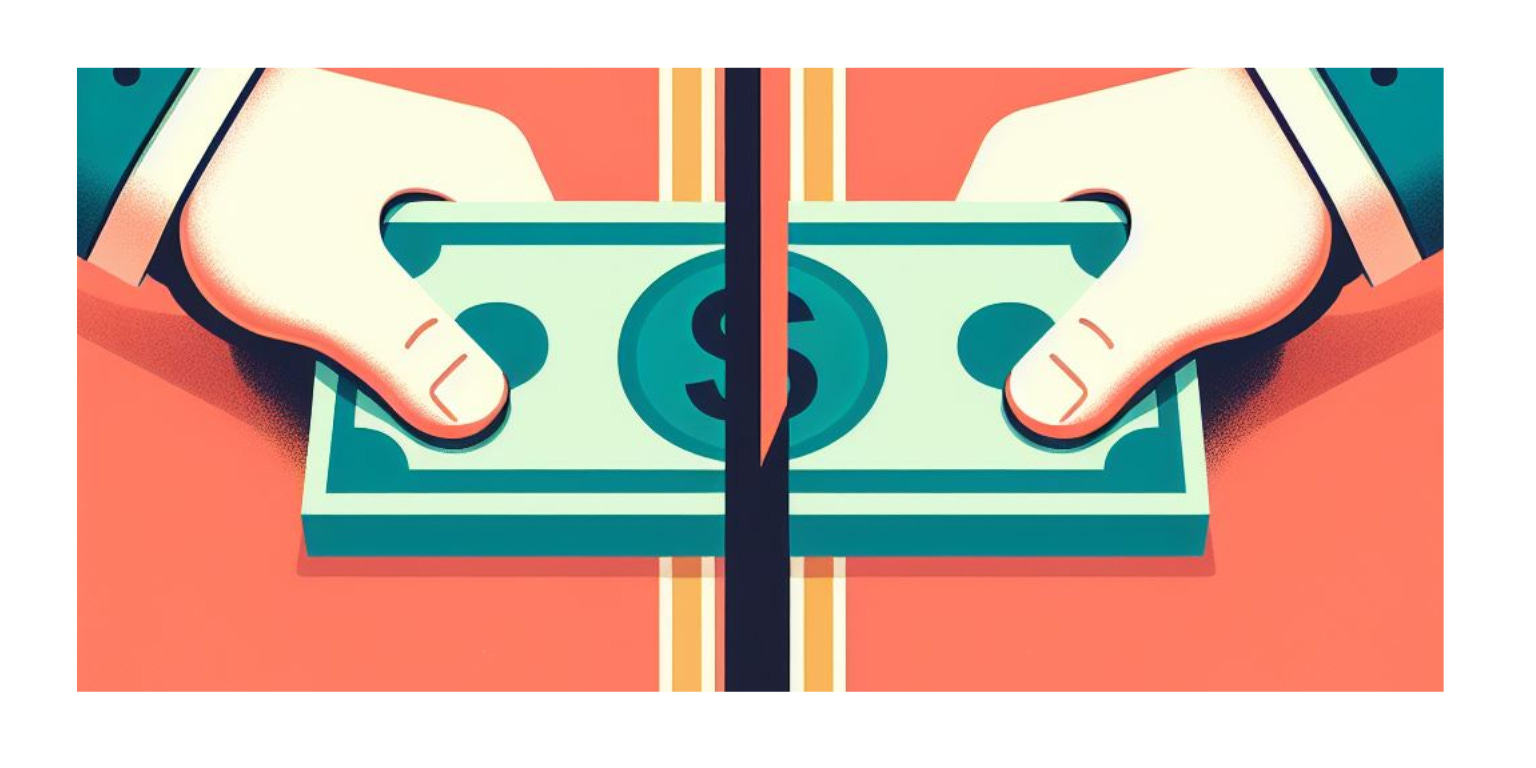Don’t get me wrong, frugality is a good thing, but why settle?
When talking about personal finances, a common belief is that you should always save more to accumulate wealth.
But is it the case?
Having enough money to cover your basic needs and survive sounds like a pretty good deal when knowing that nearly 40% of Americans have exactly $0 saved.
Now, why settle when you could thrive and have more?
Imagine having a life where you are in no way constrained by money. I, for example, would picture myself embracing the world with confidence, pursuing my passions, and leaving a lasting legacy.
I think that one of the most important things to achieve financial freedom is actually to secure your future. Here’s what I mean:
Ensure financial stability while enjoying the freedom to travel and indulge in life's pleasures.
Cultivate meaningful relationships and create a legacy that supports future generations.
Pursue your passions and develop new skills.
Make a positive impact through philanthropy.
Something I am presently doing to achieve the above is creating my vision and my plan.
I craft my vision so I can have a clear roadmap. Without one, you’re aimlessly navigating the complexities of financial planning. Define your retirement goals, whether it's sipping cocktails on a beach or exploring new hobbies. Whatever it might be, have it in mind, write it down, and create a plan that will get you there.
The Untold Money game
Now, let’s get to the essence of this article: The Untold Money Game.
If you’ve been around personal finance discussions for more than two seconds, you’ve heard the phrase “spend less than you earn”. It’s a key part of every personal finance book that I would consider “good.”
This statement has been said to be the one key to financial success, but critiziced as being too obvious. The big debate, though, is about is all about spending less or earning more.
Growing the gap to achieve Financial Success
I think that the phrase “spend less than you earn” hides the real hero: the gap.
It’s the gap between your spendings and earnings that allows you to invest and thus build true wealth.
And, of course, the larger the gap, the better.
It's also known by various names such as savings (occasionally referred to as "savings rate"), cash flow, surplus, and so forth. However, I prefer the term "the gap" because, to me, it signifies the difference between what you earn and what you spend.
The goal of course would be to grow the gap, but how does someone their gap?
As we know, it could be by spending less or earning more. Obvious right? Now, I personally prefer the second option.
Although it might be more difficult to grow your earnings as it requires more time and effort without any guarantee of success, one truth remains: You can always earn more, but you can not cut down your expenses infinitely.
To learn more about ideas on the ‘Gap’ and have practical situations on how the ‘Gap’ is affecting financial independence, please click h
ere.
That’s all for me,
Cheers
Cited:
Esi. “The Gap Is the Key to Wealth.” ESI Money, 9 Oct. 2019, esimoney.com/the-gap-is-the-key-to-wealth/.



